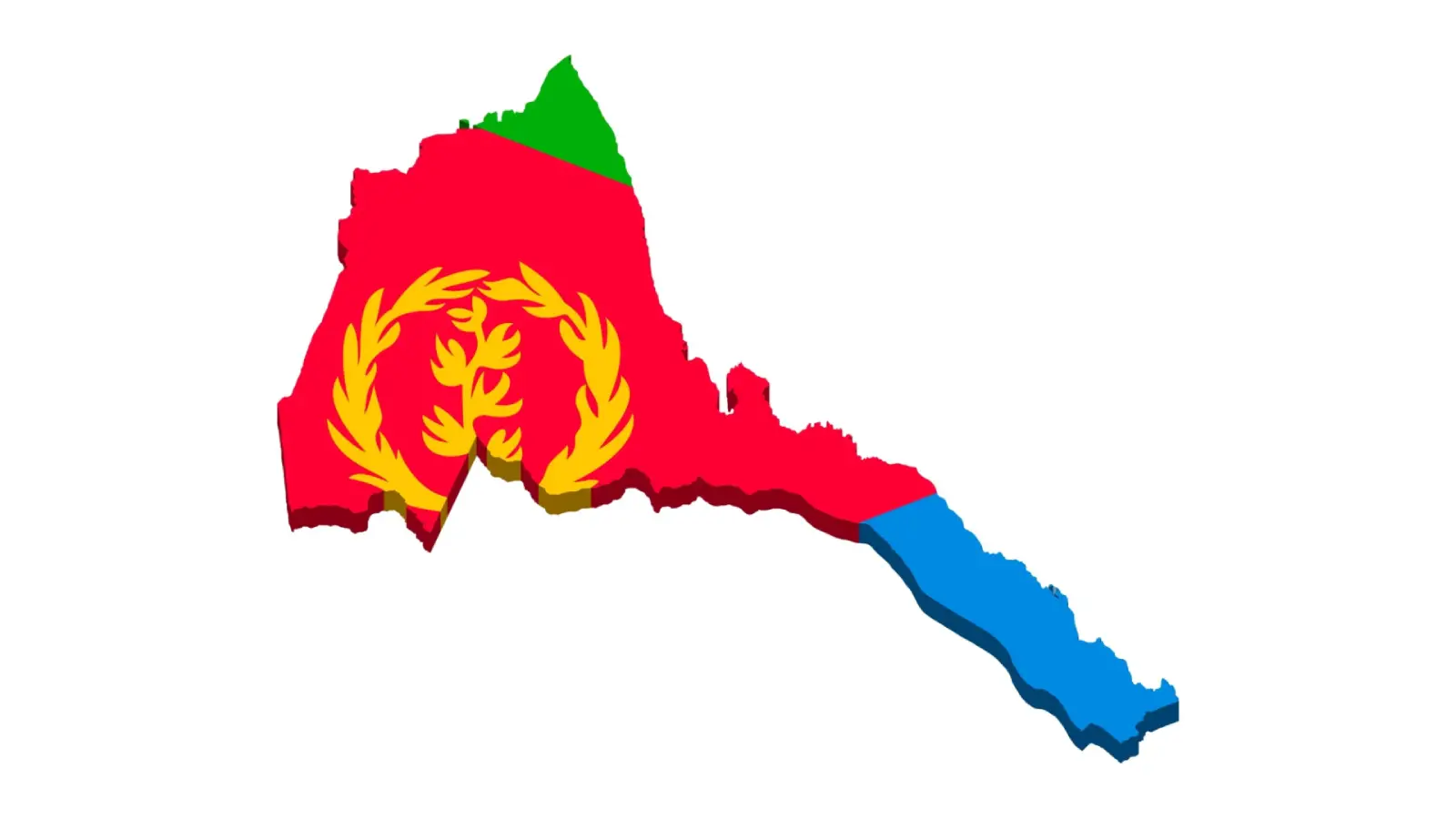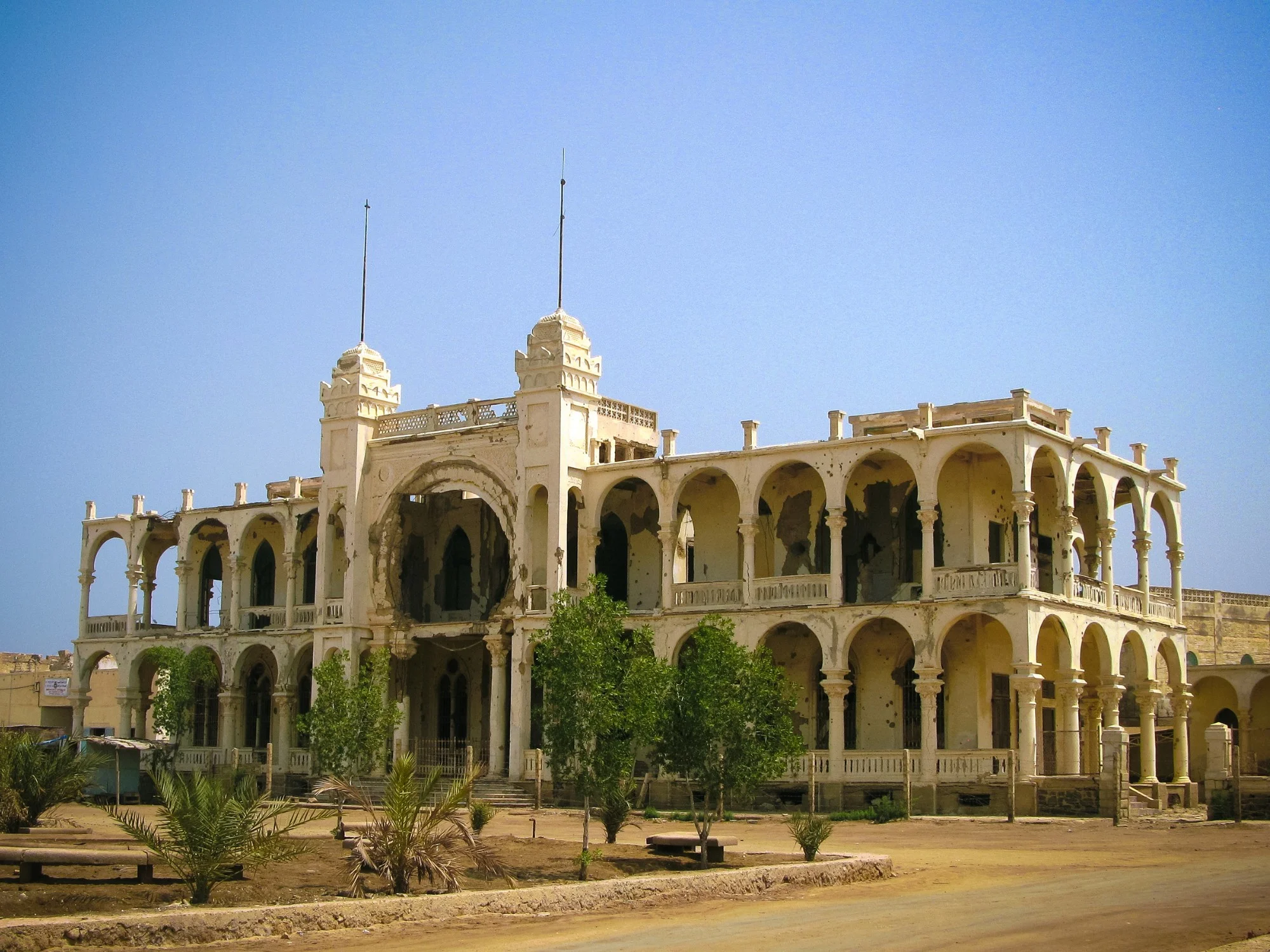What You Need to Know Before Visiting Eritrea

What You Need to Know Before Visiting Eritrea
Eritrea might just be one of the most fascinating countries you've never considered for your next big adventure. Tucked away along the Red Sea coast in the Horn of Africa, Eritrea offers a mix of Italian colonial charm, stunning marine life, and a culture untouched by mass tourism. For adventurous travelers, this is a land where time stands still—and where every alley, market, and coastline tells a story.
Highlights You Shouldn’t Miss
Asmara: The Art Deco Capital of Africa
The capital city, Asmara, feels like a time capsule from the 1930s. Thanks to its Italian colonial history, the city boasts incredible art deco architecture, charming cafes, and vintage Fiat cars still cruising down wide boulevards. One must-see landmark is the Fiat Tagliero Building, an aviation-inspired architectural marvel that looks more like a futuristic aircraft than a petrol station. Asmara is also a UNESCO World Heritage Site, offering a peaceful and walkable introduction to the country.
Massawa: A Crossroads of Cultures
Located on the Red Sea, Massawa has seen Ottoman, Egyptian, and Italian influences over the centuries, and the resulting architecture reflects this multicultural heritage. Wander its crumbling yet charismatic old town, soak in the salty sea breeze, and admire the coral block buildings that whisper stories of past empires. It’s also your gateway to Eritrea’s stunning coastlines and marine experiences.
Dahlak Archipelago: The Red Sea’s Hidden Gem
Just off the coast of Massawa lies the Dahlak Archipelago — a string of pristine islands perfect for snorkeling, diving, and exploring the Red Sea’s untouched marine biodiversity. Adventure-seekers can arrange boat trips to enjoy isolated beaches and some of the most untouched underwater scenery in Africa.
Keren: Tradition and Tranquility
Nestled in the highlands, Keren is Eritrea’s second-largest city and a cultural gem. Visit the vibrant camel market, one of the most authentic local experiences you can have. The town is also home to beautiful religious landmarks, including Coptic churches and Islamic mosques, showcasing the country’s peaceful religious coexistence.
Language and Culture
Eritrea is home to nine ethnic groups and a rich tapestry of languages. While Tigrinya is the most widely spoken, Arabic and even Italian can be heard in urban centers. English is understood in some areas, particularly among younger people.
Culturally, Eritreans are polite, conservative, and deeply respectful. Greetings are important, and modest dress is appreciated, especially in religious or rural areas. Expect a warm but reserved hospitality, with coffee ceremonies and slow travel as part of the rhythm.
Religion and Etiquette
Eritrea’s population is roughly divided between Christianity (mainly Eritrean Orthodox) and Islam, both of which influence daily life. Visitors should dress modestly and respect religious customs, especially during prayer times and holidays. Public displays of affection are discouraged, and when visiting churches or mosques, be mindful to follow local customs.
Health, Safety & Emergency Info
There are no mandatory vaccinations for entry into Eritrea. Depending on your travel plans and medical history, some travelers may also consider typhoid and yellow fever vaccines—especially if coming from a country where yellow fever is endemic.
Tap water isn’t always safe to drink, so bottled or filtered water is the safer option. Basic healthcare is available in Asmara, but facilities outside the capital may be limited. We recommend bringing any essential medications with you and arranging travel insurance that covers health emergencies and evacuation if necessary.
Adventure Bound only operates in regions that are considered safe. For any emergency, call 114 for medical assistance or 117 for police support.
Food, Culture & Local Etiquette
Eritrean cuisine is rich, flavorful, and deeply communal. Meals often revolve around injera—a sour flatbread—served with stews like zigni (spicy meat), shiro (chickpea purée), and seasonal vegetables. Coffee ceremonies are an essential part of hospitality and offer a unique glimpse into daily life. If you're invited to one, it’s considered respectful to accept.
Cultural norms in Eritrea are shaped by deep respect, modesty, and tradition. Handshakes are common greetings, and it’s customary to greet elders first in a group. Public affection is discouraged, and visitors should dress modestly, especially when visiting churches, mosques, or rural areas. Always ask permission before photographing people, and observe local etiquette, particularly during religious events.
Practical Tips
- Currency: The local currency is the Eritrean Nakfa (ERN). Credit cards are not widely accepted, so it’s essential to carry cash.
- Internet: Internet access is very limited and slow. Don’t expect constant connectivity – enjoy the digital detox.
- Connectivity: Mobile SIMs are available but with limited data access. Roaming is often unreliable.
- Language: Learning a few words of Tigrinya can go a long way in connecting with locals.
Climate, Packing & Electricity
- Climate: Eritrea has a diverse climate. The highlands, including Asmara, enjoy mild temperatures year-round, while coastal areas like Massawa can be extremely hot, especially between June and September. Inland areas may experience cooler nights.
- What to Pack: Light cotton clothing works best for coastal regions, while a jacket or warm layer is advisable for cooler highland evenings. Modest attire is recommended for visiting religious or rural areas. Sunglasses, sunscreen, and a hat are must-haves for sun protection.
- Electricity: Eritrea uses 220V electricity with European-style two-pin plugs (Type C and L). Power outages can occur, so bringing a power bank or portable charger is useful.
Safety and Accessibility
Eritrea is one of the more stable countries in the region, and Adventure Bound ensures travel is conducted in areas that are considered safe for visitors. That said, travelers should stay informed of current conditions and always follow local advice.
Visa Information
Visa requirements can change, so we recommend checking with the nearest Eritrean embassy or consulate before planning your trip. If you're booking through us, we’re happy to support you with the latest information and any documentation you need.
Best Time to Visit
The best time to explore Eritrea is between October and March, when temperatures are cooler and the weather is ideal for both city wandering and coastal excursions. The highlands remain pleasant year-round, but the coastal regions can get extremely hot in summer months.
Why Eritrea Should Be on Your List
Visiting Eritrea is like stepping into a different era — a place where time moves slowly, architecture tells forgotten stories, and nature remains largely untouched. Its "frozen-in-time" charm, combined with crystal-clear coastlines, makes it one of the most unique travel experiences you can have in Africa. For those seeking something off the beaten path, Eritrea delivers in every way.
Picture this: you’re sipping traditional coffee on a quiet Asmara street as the sun sets behind art deco facades. The call to prayer drifts in from a nearby mosque while an old Fiat hums past, its echo fading into the evening breeze. Tomorrow, you’ll dive into the Dahlak waters, where coral reefs bloom undisturbed. But for now, time is still. And in Eritrea, that’s exactly the magic.
Ready to uncover one of Africa’s best-kept secrets?







